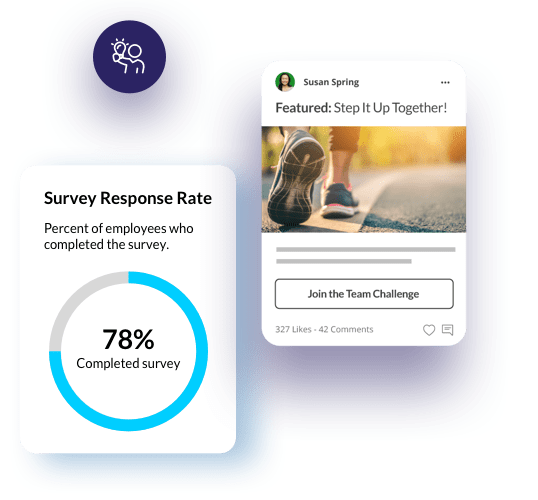Blog Post
Lessons learned as a Limeade coach

Explore more in Inside Limeade

Blog Post | Inside Limeade
8 New Year’s resolutions from our C-Suite
We asked our leadership team what their well-being resolutions are, and the resounding theme was “self-care”. Click to read their responses.

Blog Post | Inside Limeade
Candid conversation with Limeade CEO on the revolution of well-being at work
A candid conversation with Limeade CEO on the revolution of well-being at work.

Blog Post | Inside Limeade
Limeade best of 2021 playlist on Spotify
End the year on a high note with our favorite feel-good hits that have inspired well-being, engagement and inclusion all year long.

Blog Post | Inside Limeade
Limeade Womxn playlist on Spotify
The Limeade Womxn Playlist on Spotify is a collection of songs meant to inspire, uplift and encourage whole-person authenticity for all.
Explore more blog posts from this author

Blog Post | Employee Well-Being
6 Steps to develop an effective wellness incentives and rewards plan
To create a successful wellness incentive program, it’s crucial to understand that it takes a thoughtful approach of both intrinsic and extrinsic rewards for employees.

Blog Post | Employee Communications
4 ways HR leaders can use employee communications to support well-being and engagement
Learn how employee communications that reach the right person at the right time with the right message improve well-being and engagement.

Blog Post | Employee Well-Being
How to improve employee well-being
In today’s world of work it's essential to understand how to improve employee well-being. Get our top 5 tips you can put into action today.

Blog Post | Product Updates
LimeTime session recap: The Manager Experience: Empowering Your Essential Leaders
Learn why managers are essential for unlocking your organization's true potential in increasing employee engagement and reducing turnover.





